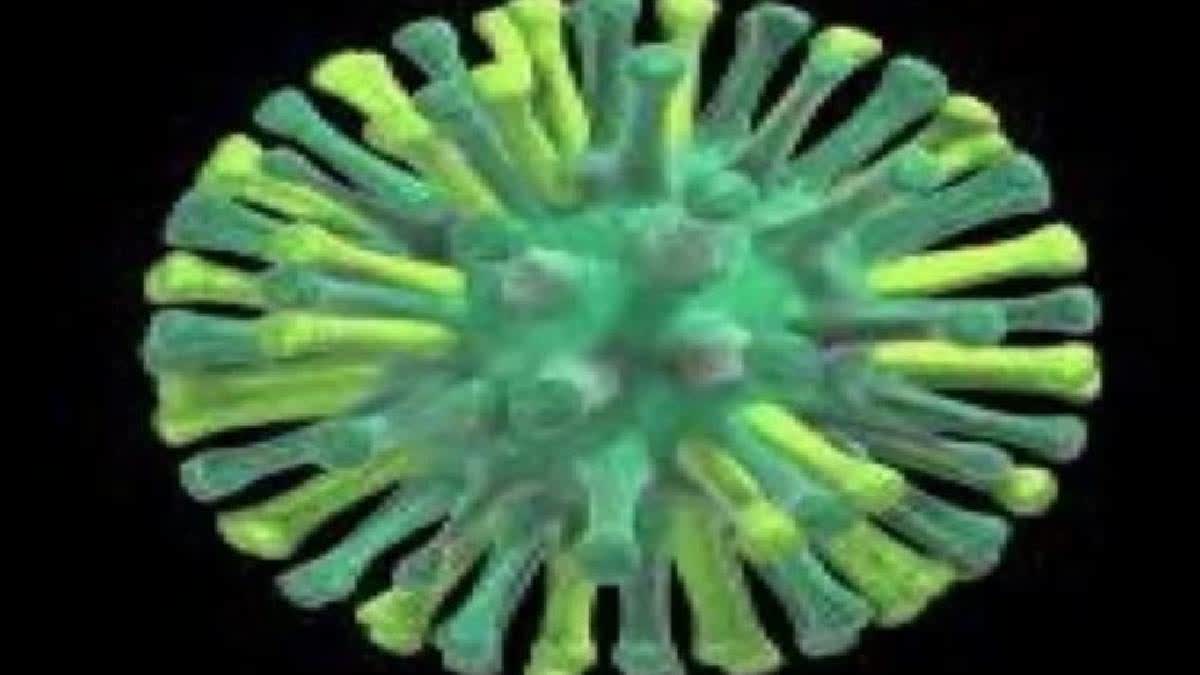New Delhi: The Union Health Ministry has initiated an epidemiological investigation with participation of all relevant sectors after the World Health Organisation (WHO) claimed that the first confirmed human infection caused by avian influenza A(H5N1) virus detected and reported by Australia had its origin in Kolkata.
Days after the case was detected at Melbourne, the state Victorian Department of Health contacted the National Focal Point (NFP) of India on May 21.
“This is the first confirmed human infection caused by avian influenza A(H5N1) virus detected and reported by Australia. Although the source of exposure to the virus in this case is currently unknown, it likely occurred in India, where the case had travelled, and where this clade of A(H5N1) viruses has been detected in birds in the past,” WHO said.
In May, WHO was notified of a laboratory-confirmed case of human infection with avian influenza A(H5N1) virus (clade 2.3.2.1a) by the International Health Regulations (IHR) National Focal Point (NFP) of Australia.
According to the IHR (2005), a human infection caused by a novel influenza A virus subtype is an event that has the potential for high public health impact and must be notified to the WHO. Based on available information, WHO assesses the current risk to the general population posed by this virus as low.
The patient here is a 2.5-year-old-girl with no underlying conditions. She had a history of travel to Kolkata from February 12 to 29 and returned to Australia on 1 March 2024, WHO said.
Upon returning to Australia, the child was taken to a hospital in Victoria on March 2, where she received medical care and was admitted on the same day. On March 4, the patient was transferred to the intensive care unit at a referral hospital in Melbourne, Victoria, due to worsening symptoms, for a period of one week. The patient was discharged from hospital after a 2.5-week admission.
“Additional information provided by the family indicates that the case did not travel outside Kolkata and did not have any known exposure to sick persons or animals while in India. It is understood that no close family contacts of the case in Australia or India developed symptoms,” WHO said.
